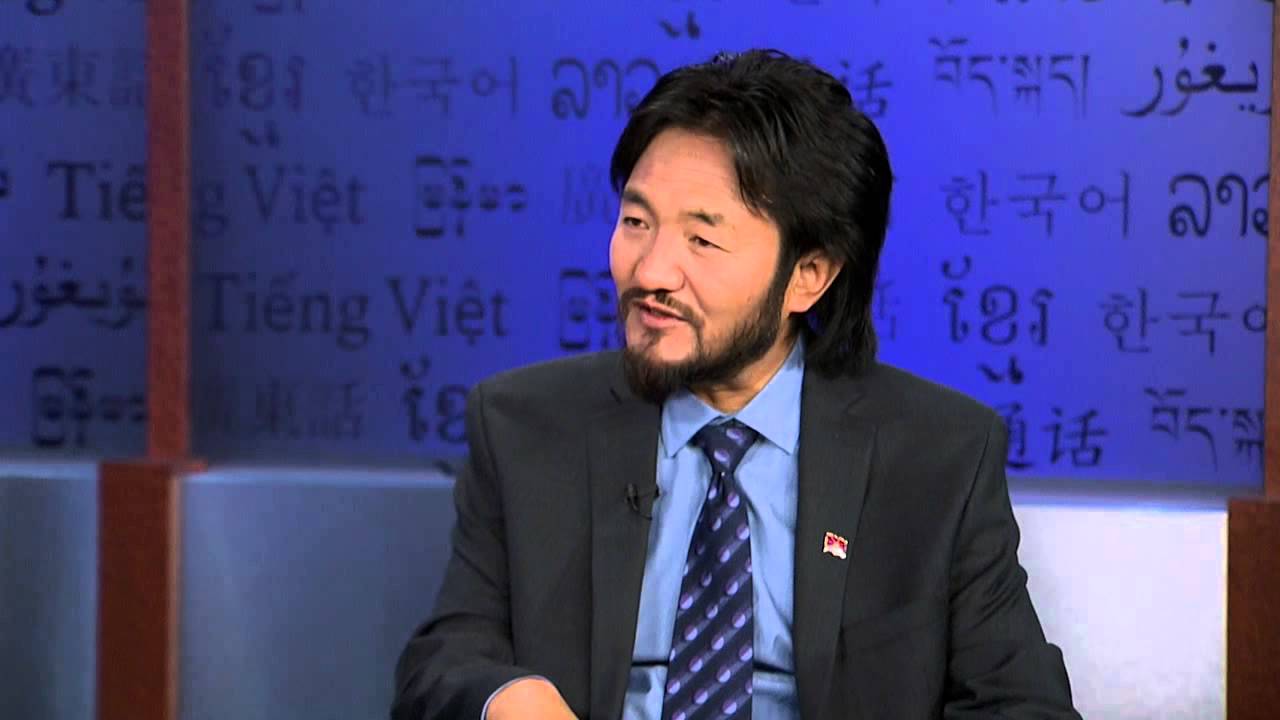
(TibetanReview.net, Feb07’16) – The exile Tibetan election commission’s decision to restrict the final race for the post of Sikyong, the executive head of the exile Tibetan administration at Dharamshala, India, to just two candidates has been criticized by the preliminary poll candidate who has won the third most number of votes in the preliminary poll which was held in Oct 2015. The final poll is due on Mar 20 and both the candidates are campaigning on the platform of campaigning for autonomy for Tibet under Chinese rule. The ousted candidate, Mr Lukar Jam Atsok, on the other hand, stands for fighting for Tibet’s independence from Chinese rule.
While the first Sikyong election, held in 2011, had several candidates, the election commission has decided that there would be only two candidates for the current election unless the number of preliminary poll votes won by a third candidate is within a 20 percent margin from the candidate winning the second most number of votes. The preliminary poll had five Sikyong candidates.
Following the election commission’s declaration of the final lists of candidates for the Sikyong and the 16th Tibetan parliament in Exile on Feb 3, Mr Lukar Jam addressed a press conference, calling his effective ousting from the race a denial of political space for the pro-independence movement. He also suggested that the election commission had exercised his discretionary power to delimit the number of Sikyong candidates in an arbitrary manner.
Mr Lukar Jam is currently the president of the Gu-Chu-Sum Movement, an association of former political prisoners in Chinese ruled Tibet.
US Congressman and Co-Chairman of the Congressional Tibetan Caucus Dana Rohrabacher has also criticized the Tibetan election commission for what in his view were “troubling rules” enacted for the election. Writing to the Secretary of State John Kerry and USAID Administrator Gayle E Smith on Feb 1, Rohrabacher has said, “I write to express my concerns over troubling rules enacted in relation to that election. These rules appear to have the effect of anti-democratically restricting free speech and free association, at a time when the current CTA incumbents are seeking reelection.”
“Given the ongoing support (19 Million USD consolidated, 2014 and 6 Million USD, 2016), I believe the US government also continues to monitor how the CTA is operating, including whether its current leadership is complying with accepted democratic standards.”
This referred to the fact that the election commission has also been criticized by Tibetans and Tibet supporters for the campaign rules enacted by it which were alleged to favour incumbent candidates.


